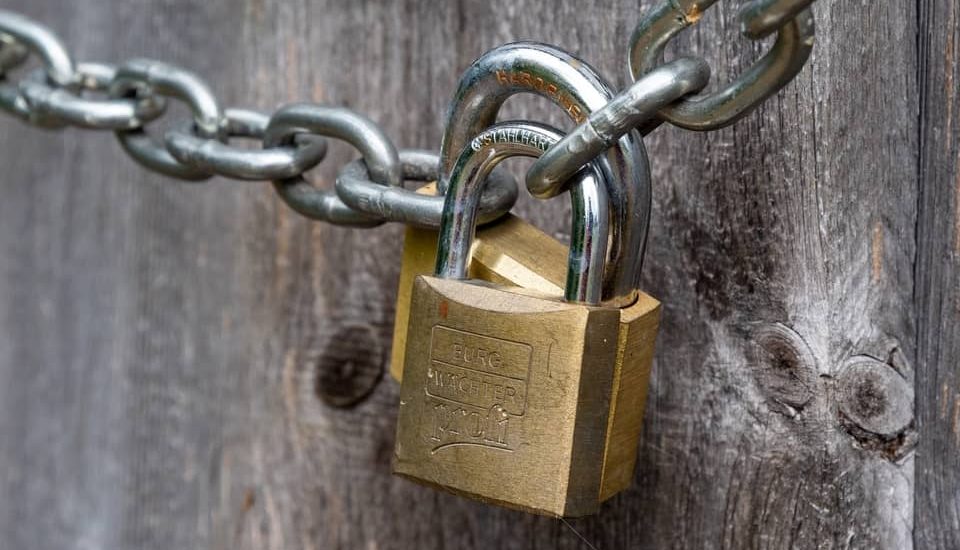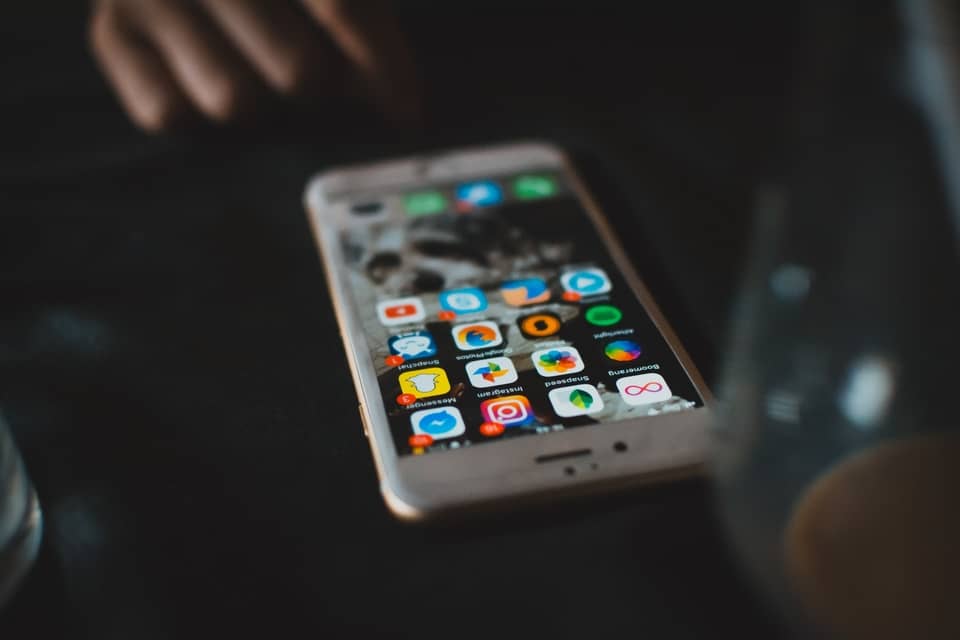The online hacking industry is one of the biggest markets in recent times with a global economy worth billions. And as more people head online to shop, bank, and even invest in digital currency, it’s no surprise that cyber thieves are targeting people in this way.
Yet, even though many of us use our phones to do these activities, a lot of us still don’t put the right precautions in place to protect against cyberattacks. So, here are a few tips to get started.
Only use trusted sites
Fortunately, as technology develops, many firms are improving their cybersecurity measures to protect both computer and mobile users online. For example, they can turn to companies like Geoedge, whose proprietary technology ensures ads are ‘clean’ of viruses before they are posted on websites. Businesses like this are purposefully set-up to make sure that things like adverts on sites don’t contain malware, making it much safer for customers to browse safely – hence why reputable companies go to them for assistance.
Unfortunately, however, despite the efforts from firms, there are still lots of dishonest sites out there that don’t have the user’s best interest at heart. Therefore, to protect personal data, it’s important to click on the ones from trustworthy sites. Luckily, there are several ways to check if a website is safe. One way is to look for a company’s privacy statement and see how they protect sensitive data. Another way is to make sure a company has a legitimate address and phone number because fake sellers will often have fake addresses. Alternatively, you can also search for a site and look at reviews to see if others have found it safe. Even though firms are taking the initiative in cybersecurity, it’s still vital that people are doing what they can to make sure they are entering safe sites.
Use an anti-virus
When buying a computer, one of the first things people do is to download an anti-virus. So, the same should go for a phone too. Having anti-virus on a cell phone means that real-time protection is offered as a preventative for any potential attacks. Fortunately, it’s very easy to download and companies like McAfee and AVG offer mobile-friendly versions of their anti-virus protection.
While it works differently on computers, having anti-virus on a handset still gives protection. It means, for example, that every time you enter a place with new Wi-Fi, it scans the area for any cyber issues. This is important as using public Wi-Fi on the phone is also something that should be avoided, especially when it comes to accessing things like banking apps. However, for those times it does need to be used, having an anti-virus will help monitor safety.

Use complex passwords
To help protect against things like data leakage or hack attacks, it’s important to make sure that you have passwords set up on websites and on your phone. Both Android and iOS have options to set a passcode and lots of devices even have biometric security. Although not perfect, it does stop thieves from physically accessing personal data should they get hold of the phone.
What’s more is that when buying from websites from your cell, you should make sure you have secure passwords set up. This means that if hackers get remote access to your device, they won’t be able to easily steal data from unprotected sites.

With the amount that most of us use our phones, safeguarding against hackers should be the first thing we think about. Being aware of what we are clicking on, using anti-virus, and optimizing passwords will all help keep your phone and data safe and secure.
For More How To Tips and Information about How to Protect Your Phone from Hack Attacks, Visit Etech Spider and Follow Us on Facebook.




